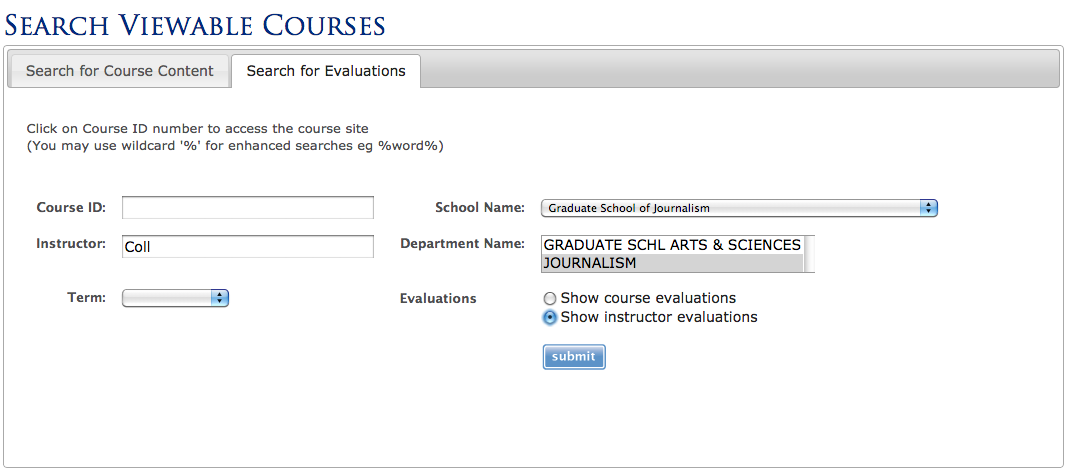Dear Students,
I am writing to alert you to fake job offer scams being perpetrated on college/graduate students. Read and follow the information and guidance below to protect yourself!
FAKE JOB OFFERS:
- These job offers are usually sent via email unsolicited (which is rarely the case for legitimate jobs)
- Or you are invited via email to apply for a job with with great promises:
- Short hours
- Easy tasks
- Ability to work from home
- Amazing salary
- Frequently the sender appears to be legitimate with a “.edu address” but a quick search reveals that person and email address are not real.
- The professor for whom the work will be done may not exist or if the person is real, they are not reachable at the email provided for your reply and they are not hiring and unaware of the scam.
- These emails frequently include bad grammar and spelling.
- The work often involves the following:
- You are asked to buy office supplies or other goods with a promise of reimbursement.
- You are asked to send money in the form of gift cards, cryptocurrency or bitcoin (all untraceable and unrecoverable)
- You are sent a check and it bounces.
- Scam job offer emails can be generic. They often begin with “dear student.” They frequently do not include your name or the name of your school.
- Or they can attempt to fool you by using the name of a real professor or dean. These usually include a “reply to” email address that clearly doesn’t belong to that person.
- Scam job offers are often too good to be true (very few hours with a large salary).
- Scammers often ask for your personal information immediately and do not ask for a W9.
Legitimate job/internship postings come through legitimate sources that are known to you and that you can easily verify. When you receive a job posting/offer email, check all the names and all the emails listed. Remain skeptical until you have done your research. Ask us if you are in doubt about anything you receive via email.
Check out the Federal Trade Commission (FTC) website for more scam information.
IF YOU THINK YOU HAVE BEEN A VICTIM, PLEASE DO THE FOLLOWING:
- Protect yourself by stopping any further communication with the scammers
- Notify Dean Huff
- Notify Columbia Public Safety
- Change the passwords to any accounts that were involved in the scam
- Contact any financial institutions (your bank) if they are involved.
- File a complaint with the FBI.
Also check out this video from the Columbia School of Professional Studies about avoiding fraud while job hunting online.
